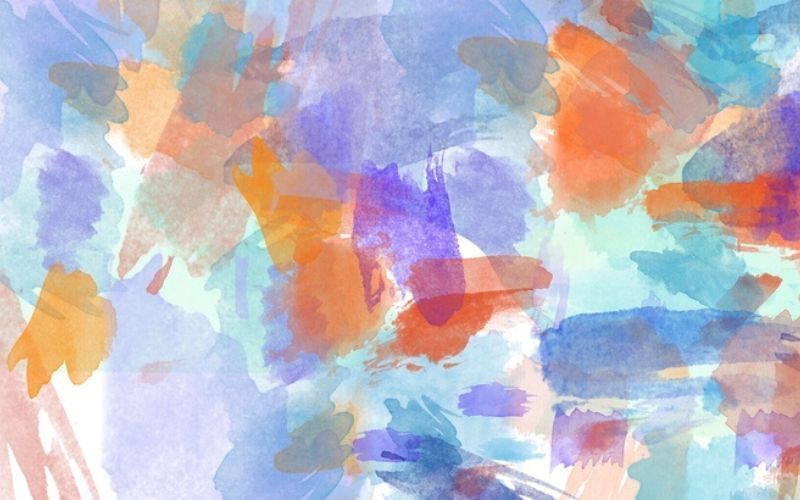It's heart-warming when stories surface from talks and readings with book clubs. In his book, Stolen Focus: Why You Can't Pay Attention--and How to Think Deeply Again, author Johann Hari talks about a professor of psychology at the University of Toronto, Raymond Mar, who studies the impact reading has on our consciousness. With his mentor, he did a three-state process to measure how good readers were at capturing the subtle signals that reveal another person's emotional state and the ability to read social cues. When they got their results, it was clear: the more novels you read, the better you are at reading other people's emotions. Reading non-fiction books, by contrast, had no effect on your empathy.
Now consider this: between 2008 and 2016, the market for novels fell by 40 percent. In one year, 2011 paperback fiction sales collapsed by 26 percent.
There are very few books on interracial friendship, but all kinds of non-fiction books about anti-racism to engage our intellect. What then happens to our hearts?
I humbly invite you to read my work. Perhaps it might spark some interesting dialogue in your own community. In this era of Zoom, I can easily join you anywhere around the country/world to talk about its themes which include:
- What it means to honor—and find reciprocity—in a relationship with someone whose ancestors and family live with historical trauma and marginalization
- The day-to-day things that allow women to deepen their friendship, born on a Twin Cities college campus
- How our historical blindness to suffering still impacts and hurts both descendants of people who were enslaved and whites today
- The challenges current teachers-in-training face as they piece together our authentic cultural history
- How this blindness leads to the sanctioned incarceration of innocent and caring people
- What it means to have a friendship before cell phones and racial justice terminology such as white privilege
It would bring me joy to help surface these dialogues in your own community.
This contribution was written by Kate Towle, author of Sweet Burden of Crossing. The article first appeared in Community Weavers, an organization who believes deep relationships can transform communities, our lives, and our world.

